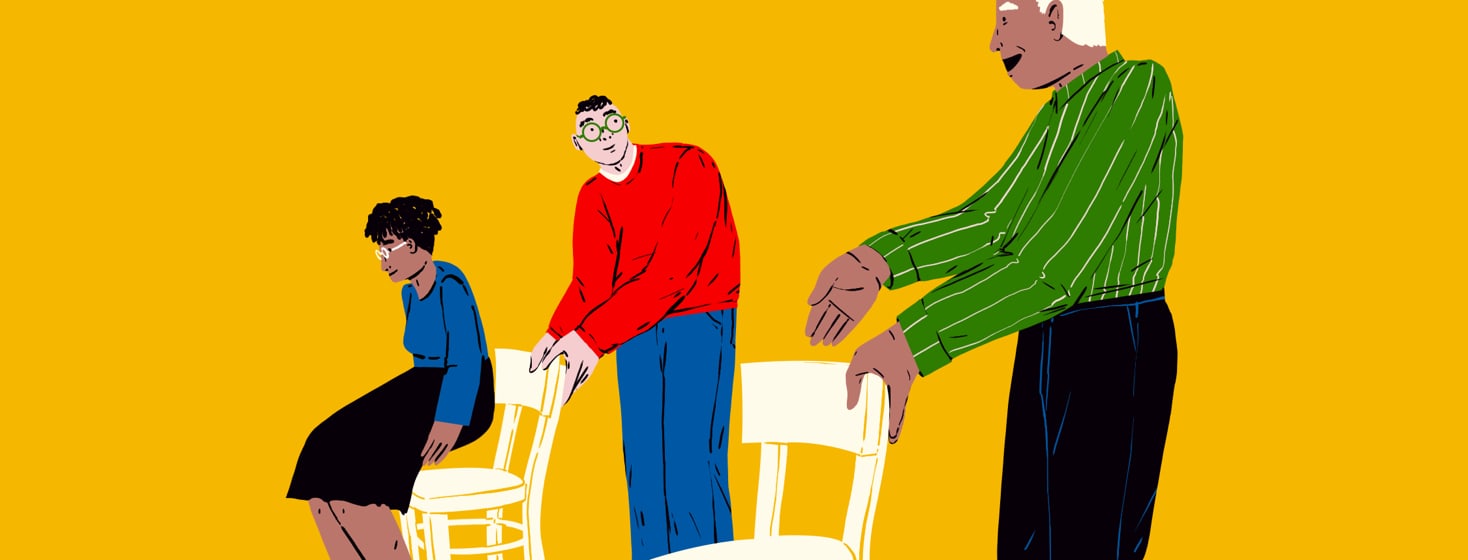Caregivers Helping Caregivers
Caregiving for a loved one with dementia can be lonely and isolating. When I started full-time caring for my mom with Alzheimer's, I found that even my family members struggled to understand what the experience was like, especially because I was also raising my own young children at the same time.
There were not a lot of resources for people like me and it felt overwhelmingly lonesome.
Now I have been writing for more than 2 years about the ups and downs of being a sandwich caregiver. Sharing my experiences and knowing it might help others gives me purpose and helps me through the difficulties. Caregivers can help other caregivers, but the benefit goes both ways.
How I started helping other caregivers
Shortly after my mom moved in with me and my family of 5, I was asked to start contributing to this website - sharing my experiences as a dementia caregiver.
I had a history working in online journalism and I jumped at the opportunity to do something that felt familiar. Writing was familiar. Taking care of a parent and my own children at the same time was not.
I had no idea what I was doing as a caregiver. After all, I had felt like I had just figured out how to take on the new identity as a parent to my 3 children, who at that time were between the ages of 2 and 8.
So, I started writing about the things I was going through day-to-day: What it was like having kids and a parent with dementia in the same home (exhausting); how to sell my mom's and my childhood house in another state (very challenging); what kind of paperwork we had to get in order after her diagnosis (extremely important).
But caregivers are already doing so much
I am not suggesting that overworked and overspent caregivers take on more. If your experience was like mine, every single day of caregiving started with, "Will I be able to get through today?" And ended with, "I don't know how much longer I can do this."
Please know your limits and get as much help as you can when you reach the capacity of what you can handle on your own.
Featured Forum
View all responsesWhat I am trying to share is that it can help caregivers to step back and redirect their focus. I slowly started viewing my most difficult challenges as a way of helping other caregivers who might be going through the same thing.
Caregivers need the support of others
Countless studies have shown the negative effects of caregiving on nearly every part of life, including health, relationships, and finances. Compared to non-caregivers, family caregivers of older adults are more likely to experience emotional distress, depression, anxiety, or social isolation; report that they are in poor physical health; and have elevated levels of stress hormones and higher rates of chronic disease.1
The demands of caregiving often deplete time and energy for other relationships, and caregivers find themselves isolated and lonely. More alarming is the research that links loneliness to increased morbidity and mortality.1,2
We don't need science to tell us that we are social beings and we need others in our lives. But sometimes the unique challenges of caregiving make us feel like we are alone.
Helping other caregivers fosters new perspective
The experiences that caused me immense distress - family who were mad at me for a decision I made regarding my mom's care, how to convince my mom to stop driving when it was no longer safe - I started storing away as writing ideas.
I started to think about these caregiving challenges as an "asset" in a way, since I would now be able to relate to others and share some of that knowledge.
What if that terrible experience now will help another caregiver going through the same thing? I know there are others like me, who are looking for someone who can relate and understand. It changed my perspective and I saw some of the burden of caregiving ease.
Caregivers who help other caregivers gain a sense of purpose by knowing their difficult experiences are going to help others. What are ways you have been able to help another caregiver? How has that changed your perspective?

Join the conversation